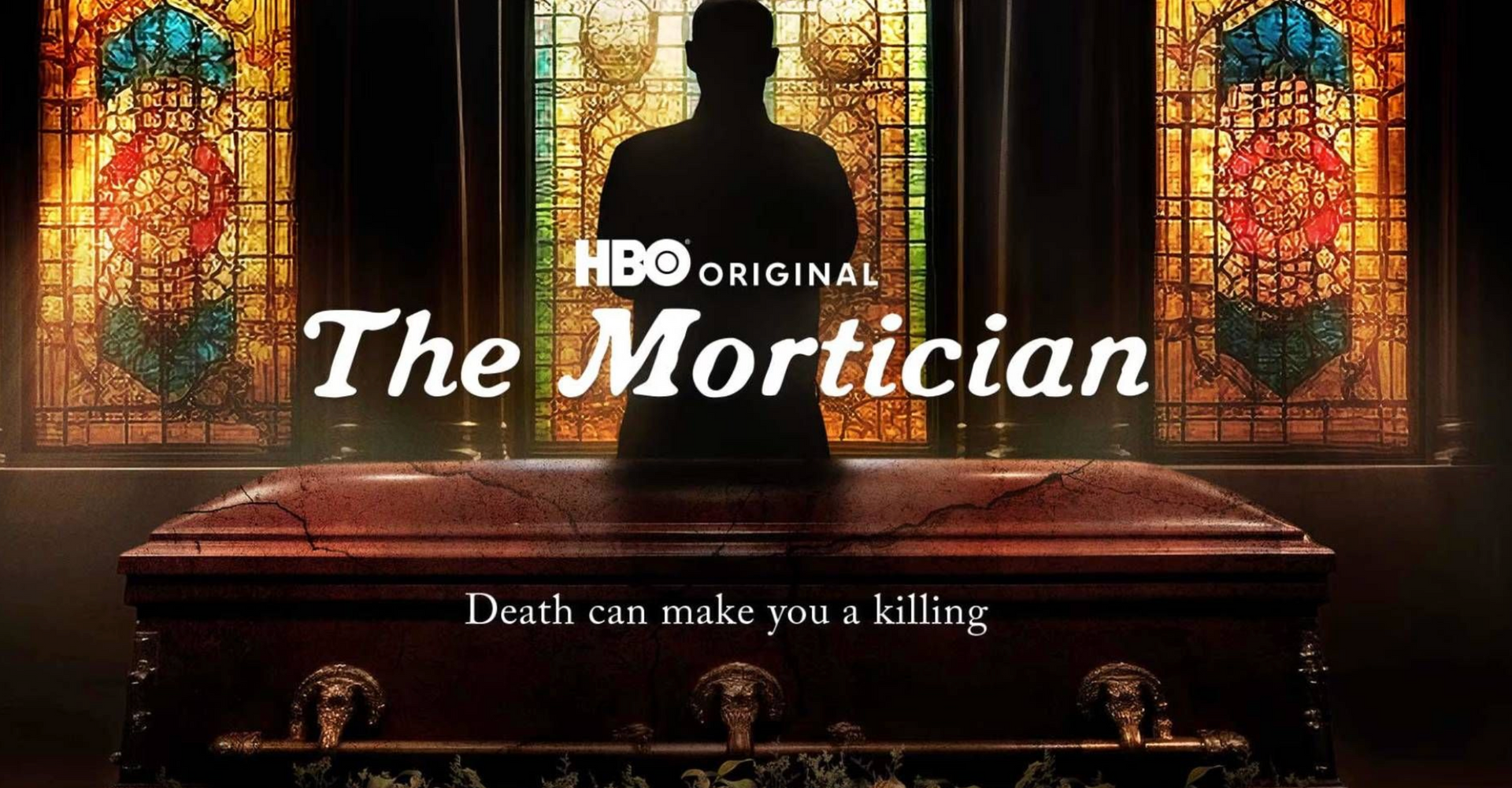Should I have a Will? What is Probate? Why Should I Care?
Should I have a Will? What is Probate? Why Should I Care?
It is inevitable that at some point, our lives will end. When that happens, it is important that we leave behind clear instructions for what is to happen to our worldly possessions.
“It is an excellent idea, but so many people don’t do it,” says Ed Gurka, a funeral director at Memorial Funeral Home who has years of experience navigating families through the oftentimes confusing steps that follow the death of a loved one.
“Sit down, put pen to paper,” he says, otherwise, things can get very confusing, and sometimes hostile amongst family members after the passing of a loved one. According to Ed, it happens all too frequently, even amongst the most peaceful of families.

It is not as easy as you think.
Even if you do go through the process of hiring an attorney and creating a will, there will often times be more legal hurdles after your passing. Ensuring that you have left as many detailed instructions as possible will ensure that there are fewer difficulties for your loved on.
Choose someone you trust to delegate after you have passed.
If you don’t choose someone, the court will, so you might as well choose someone in advance that will take care of all bills and delegation of possessions for you. Not having someone clearly appointed for this can cause real conflict within a family. Taking care of this beforehand can help alleviate some of this, although some issues may still arise.
Do you own a property? Then you really should consider making these arrangements now.
A property that is owned solely by the deceased person will go through a process called probate. Jointly held properties will pass on to the other individual who is a co-owner. If the ownership document stipulates, the portion owned by the deceased will pass down to children or any other inheritor and this will happen without the need of the probate process.
However, if you own a property with someone else under a “tenancy in common” deed then you will have to go through the probate process.
These scenarios are also applicable to bank accounts and other assets, and generally require the death certificate of the deceased to be provided so that ownership of the account or assets can be transferred.
How about creating a trust?
You can also create a trust, which allows you to keep managing your assets while you are alive, and then transfers administrative powers or distributes the properties and assets upon your death. There are other estate planning strategies as well, but these generally require the assistance of lawyers and a financial planner.
Probate takes six months from start to finish.
For most other situations, probate will occur upon the death of the family member in question, and this process takes a lot longer than you might think.
“It takes six months from the time it [the case] gets opened to when it is closed,” says Ed. “It’s quite complicated,” he continued.

Unless you have experienced a death of a close loved one, you most likely haven’t even heard the word “probate.”
Probate is the legal process through which a will of someone who has passed away is verified. The only people who can fully explain who will or wont go through this process is a probate lawyer, however we wanted to lay out some of the basics here, according to Rhode Island state law:
Probate happens in the town or city where the person where the person resided.
In Rhode Island, probate occurs at the town or city level. If your grandmother passed away in Newport, Rhode Island, the documents would be submitted at the City of Newport’s Probate Court. The process begins when the named executor of the will (a person appointed to carry out the terms of the will or whomever you designated) files the will with the court, usually with the help of an attorney. It is then up to the judge at the probate court to give the executor of the will the legal authority to transfer ownership of the deceased properties to the beneficiaries named in the will.
Take Time to grieve; (Most) paperwork can wait.
Obviously, anyone losing a loved one isn’t immediately thinking about the legal repercussions of a loved one’s death, and that is OK. It is important to grieve fully, although Social Security will have to be notified within a month’s period of the passing.
Keep record of all receipts.
Upon the death of an individual, creditors also need to be notified, in order to make sure any outstanding debts are paid, and (unfortunately) all bills that the deceased person had, the person designated in charge will need to pay them. Ed recommends keeping evidence of all payments going out, that way you will be reimbursed by the estate once it. has made its way through the probate court. “Every time you spend a penny, get a receipt,” he says. It takes about six months before you will be reimbursed, so keep them on file in a way that you can easily access them.
Hire someone to help you prepare before the time comes.
Ultimately, if you have a property or properties, and can afford it, Ed recommends hiring a financial planner to give you and your loved ones peace of mind for when the times comes.
Contact the funeral home that you wish to take care of your funeral proceedings ahead of time. It will give you peace of mind that your final wishes are taken care of. A good funeral director will also be able to give you suggestions on lawyers to consult with, as well as give you and your loved ones a better idea of the over all process.
If you have any questions, feel free to give us a call at Memorial Funeral Home at 401 846 0698.
The post Should I have a Will? What is Probate? Why Should I Care? appeared first on Newport RI | Memorial Funeral Home.













